Dostoevsky’s Notes from Underground
Reflect on the human consequence of modern thought with Doestovesky's 1864 novella.
Tuesdays | Jan. 3, 10, 17, 24, 31, & Feb. 7
Online Seminar
There is perhaps no more philosophical genre of literature than the utopian and dystopian novel. Going beyond the older philosophical literature of ideal regimes in speech or faraway locations, utopian and dystopian novels draw on contemporary social ideals and theories and deploy science fiction to project their social orders into our own futures. Their depiction of futuristic political communities allow utopian and dystopian authors to critically examine our social practices, political institutions, and cultural ideals in a fictive context.
In this course, fellows will explore three version of the scientific future: Edward Bellamy’s Looking Bacward: 2000–1887 (1888), Yevgeny Zamyatin’s We (1922), and Aldous Huxley’s Brave New World (1932). A careful reading of these works will help fellows consider such topics as progress and social justice, human perfectibility and human nature, the relation of science, technology and human freedom, and the meaning of human happiness and flourishing. More than anything, however, fellows will grapple with the question of how we instantiate our highest ideals and dreams, and what price we might pay to achieve that goal.
Image: Richard A. Florsheim, Sleeping City, 1965, color lithograph, Smithsonian American Art Museum
Darren Staloff on Thomas More's Utopia
This course meets via Zoom weekly on Tuesdays, from 5 to 7 PM ET. Fellows will receive a $150 stipend contingent upon participation in the course and completion of a brief response paper. All course materials will be provided.
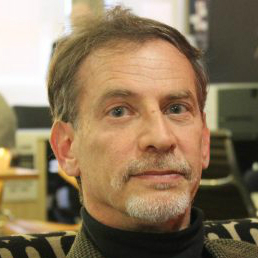
Darren Staloff is a retired Professor of History from the City College of New York and the Graduate Center of CUNY. Professor Staloff has published numerous papers and reviews on the subject of early American history.

Darren Staloff is a retired Professor of History from the City College of New York and the Graduate Center of CUNY.
Professor Staloff has published numerous papers and reviews on the subject of early American history and is the author of The Making of an American Thinking Class: Intellectuals and Intelligentsia in Puritan Massachusetts (1998) and Hamilton, Adams, Jefferson: The Politics of Enlightenment and the American Founding (2005).
He has recorded dozens of audio and video tapes (nationally distributed) on U.S. and world history and major philosophers. He has received many fellowships, including The James Madison Program in American Ideals and Institutions at Princeton University as well as an NEH grant and a post-doctoral fellowship from the Omahundro Institute of Early American History and Culture. He earned his B.A. from Columbia College and his M.A., M.Phil., and Ph.D. from Columbia University.
Readings:
Discussion Questions:
Readings:
Discussion Questions:
Readings:
Discussion Questions:
Readings:
Discussion Questions:
Readings:
Discussion Questions:
Readings:
Discussion Questions:
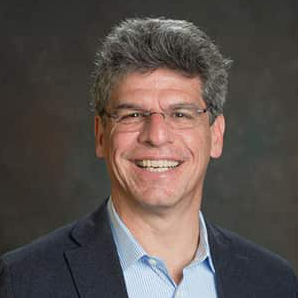
Jacob Howland
Jacob Howland is McFarlin Professor of Philosophy Emeritus at the University of Tulsa. He has written about Plato, Aristotle, Xenophon, Kierkegaard, the Talmud, the Holocaust, ideological tyranny, and other subjects. His most recent book is Glaucon’s Fate: History, Myth, and Character in Plato’s Republic.
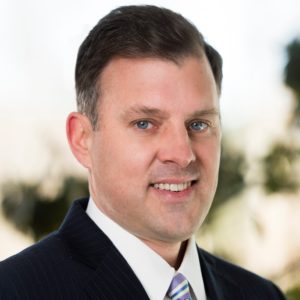
Flagg Taylor
Flagg Taylor is the Executive Director of the Center for Civics, Culture, & Society, at Miami University. His research specialty is in the history of political thought and American government, especially the question of executive power. He is Chair of the Academic Council of the Victims of Communism Memorial Foundation.
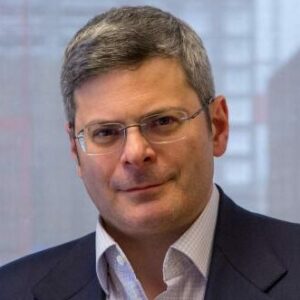
Bernhardt Trout
Bernhardt L. Trout is the Raymond F. Baddour, ScD, (1949) Professor of Chemical Engineering and Director of the MIT Society, Engineering, and Ethics Program. He received his S.B. and S.M. degrees from MIT and his Ph.D. from the University of California at Berkeley. In addition, he performed post-doctoral research at the Max-Planck Institute. Professor Trout is the co-editor of the 2016 volume Mastery of Nature.
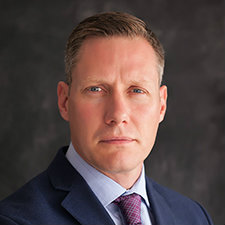
Tobin Craig
Tobin Craig is Associate Professor at Michigan State University. His studies focus on the intersection between modern political philosophy and modern science and technology. He is currently at work on a book length study of the unity of Francis Bacon’s scientific and political thought as well as a study of the place of technology in American political thought.

Matthew Continetti
Matthew Continetti is the director of domestic policy studies and the inaugural Patrick and Charlene Neal Chair in American Prosperity at the American Enterprise Institute (AEI), where his work is focused on American political thought and history, with a particular focus on the development of the Republican Party and the American conservative movement in the 20th century.

Ryan Patrick Hanley
Ryan Patrick Hanley is Professor of Political Science at Boston College. His research in the history of political philosophy focuses on the Enlightenment. He is the author of Our Great Purpose: Adam Smith on Living a Better Life and Love’s Enlightenment: Rethinking Charity in Modernity.
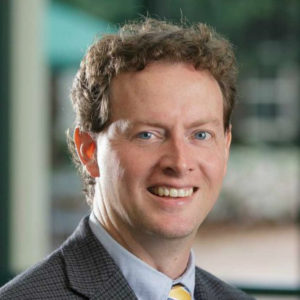
Benjamin Storey
Benjamin Storey is a senior fellow in Social, Cultural, and Constitutional Studies at the American Enterprise Institute (AEI), and co-director of AEI’s Center for the Future of the American University. He is concurrently an SNF Agora Fellow at Johns Hopkins University and a research fellow at the Civitas Institute at the University of Texas at Austin.